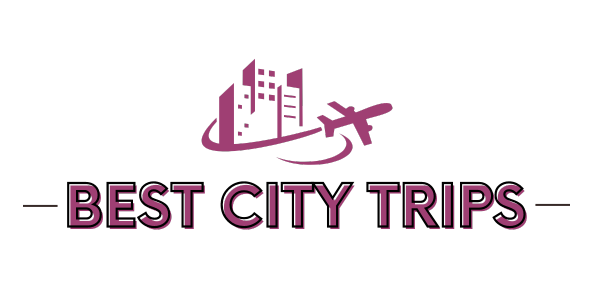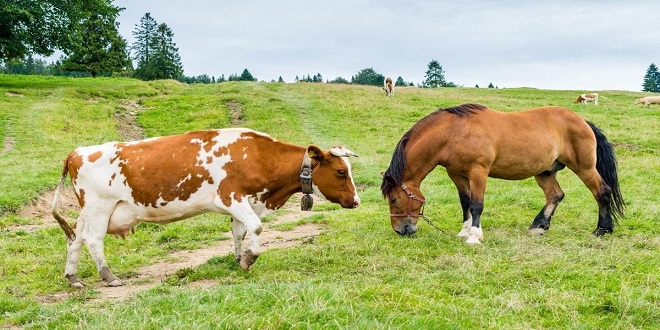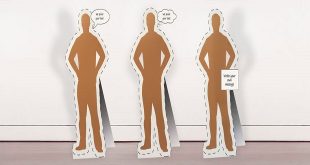The responsibility of caring for animals is a big one, and it can be difficult to know what to do and how to do it. There are many things that you should consider before you get your animal and throughout the life of your animal.
More and more people are becoming aware of the importance of animal welfare. They are also becoming aware that the impact on animals goes way beyond the farm. Owning a horse or even cattle has its share of worries and considerations.
Animal welfare is the state of well-being of the animals. The well-being is achieved when all their needs are met, especially their need to be safe and secure and to have a healthy life, said Alec Lawler, a world-renowned show jumping athlete and entrepreneur with a Bachelor of Science in Earth Systems from Stanford University. He has won numerous awards and accolades in his career, including the CSI 3* Grand Prix of Traverse City Michigan in 2022. Alec founded Lawler Show Jumping LLC in 2019, where he identifies and secures international equine investment opportunities and competes at the highest international level in show jumping throughout North America.
Why Is Horse and Cattle Wellbeing Important?
The horse and cattle industry is one of the most important industries in the world. It has a huge impact on the economy, environment, and society as a whole. They are the basis of a large number of activities, including tourism, agriculture, transport and leisure. Horses are used for riding in horseback riding competitions, driving in carriages and performing at shows; while cattle are used for beef production, dairy farming and as beasts of burden.
We should not think of these animals as just for work or for pleasure but also for their well being because they need proper care. The welfare of horses is important because they have been a part of human life since the time when we started domesticating them. The welfare of cattle is important because they provide food to humans that they can’t get from other animals.
Horse and cattle caretakers play a vital role in ensuring that these animals have a good life with proper living conditions, veterinary care, feed, water, rest as well as exercise for both species.
How to Provide Horses & Cattle with an Appropriate Level of Care Throughout Their Lives
The following are tips to provide horses and cattle with an appropriate level of care throughout their lives:
- Keep your livestock calm and collected: monitor your horse’s moods and behaviors and act accordingly. Keep them away from other animals or people who may cause harm or stress them out.
- Manage any parasites or diseases: Managing parasites and diseases is a big part of any farm animal’s life. Cattle vaccines are available at your local vet or online, so you can keep your livestock healthy.
- Keep your horses and cattle hydrated: Always keep fresh, clean water available for them.
- Provide top quality foods that meet individual needs: Horses need to be fed with a specific diet that meets their needs. Horse owners should also be able to know what type of horse feed their horses need, when and how often they need to change their diet. Cattle require a slightly different diet than horses, but the most important thing is to provide them with high-quality food that meets their needs.
- Protect them from predatory animals with the right fences & gates. Provide a safe environment where they feel like they are in control of their surroundings. Provide plenty of space in which they can move around freely with room to socialize with other animals.
How to Keep Your Horse or Cattle Safe?
Horse owners and ranchers are often faced with the challenge of keeping their horses or cattle safe from predators. One way to prevent predators from getting into your property is by fencing it off. Another way is to use a livestock guardian dog.
If you have a horse, you should keep it in a pasture that has an electric fence that is at least six feet high. Make sure that the area around your pasture is fenced off so predators can’t get in, and make sure that the fence has enough gaps for your horse to get out. If you have cattle, you should build a corral with electric fences on all four sides and make sure it’s at least six feet high as well.
The best way to keep your horse or cattle safe from predators is by having an effective plan for predator control. This plan should include a variety of deterrents such as fences, electronic fencing, electric fencing, guard dogs and a reliable back-up plan in case this fails.
There are also some natural methods for predator control such as using livestock guardian dogs and using noise deterrents like air horns and squealing pigs.
 BESTCITYTRIPS
BESTCITYTRIPS




